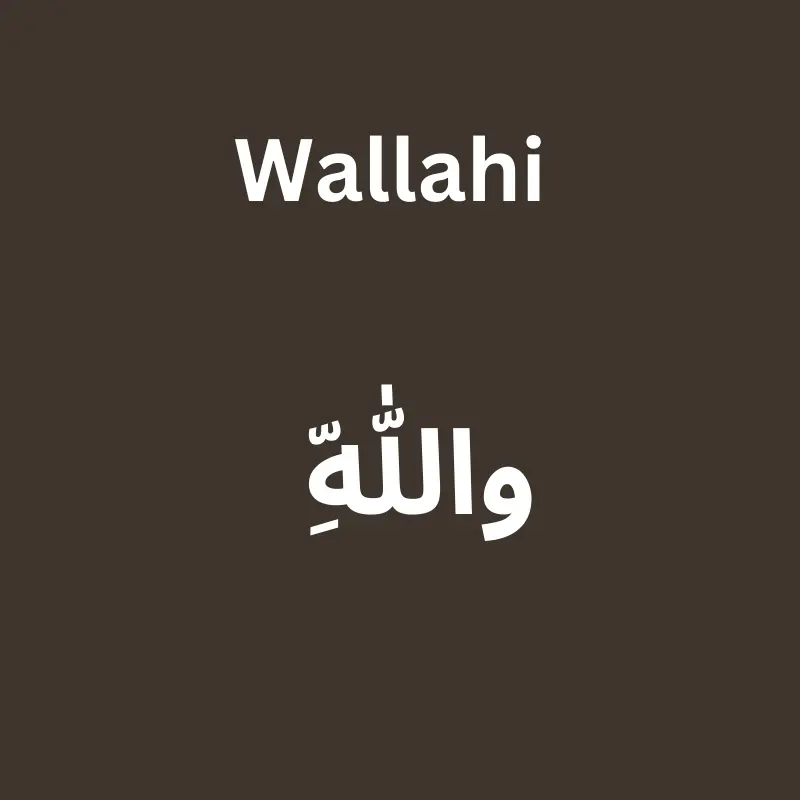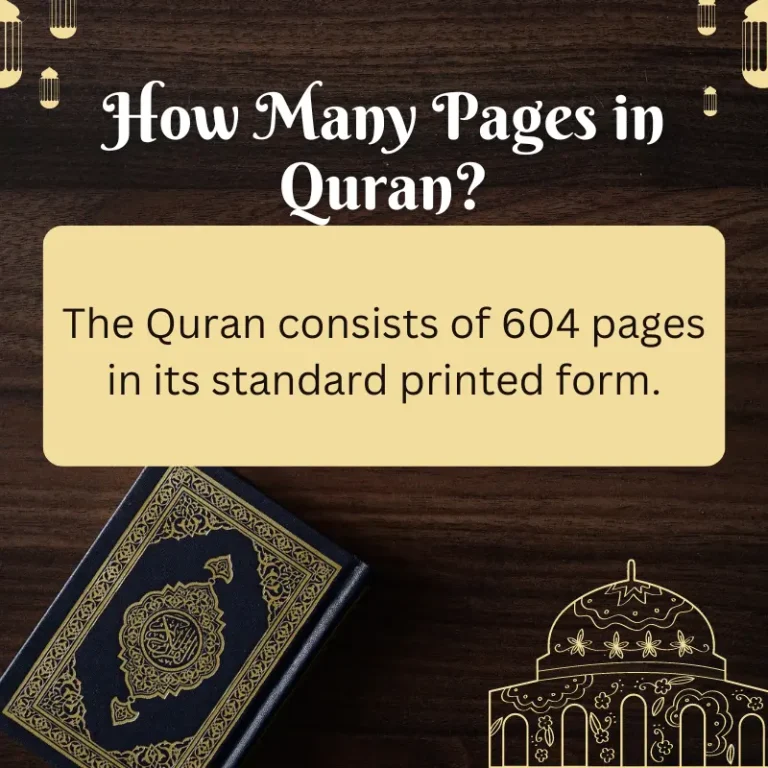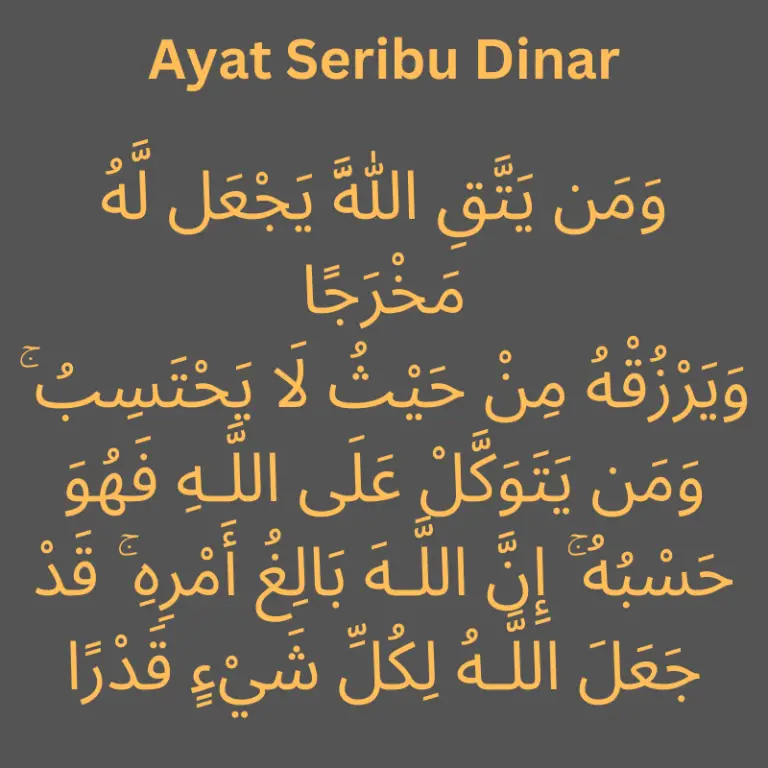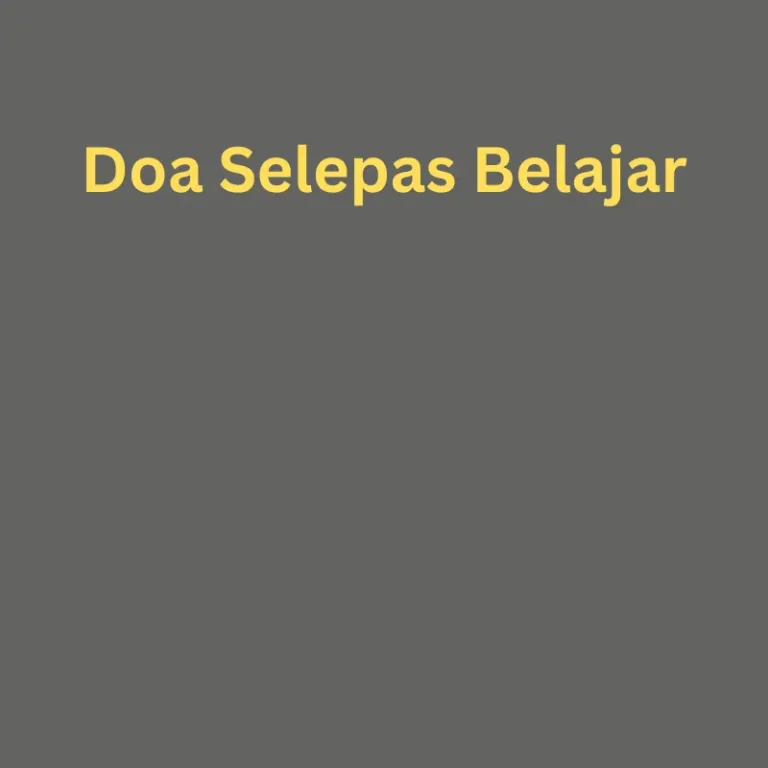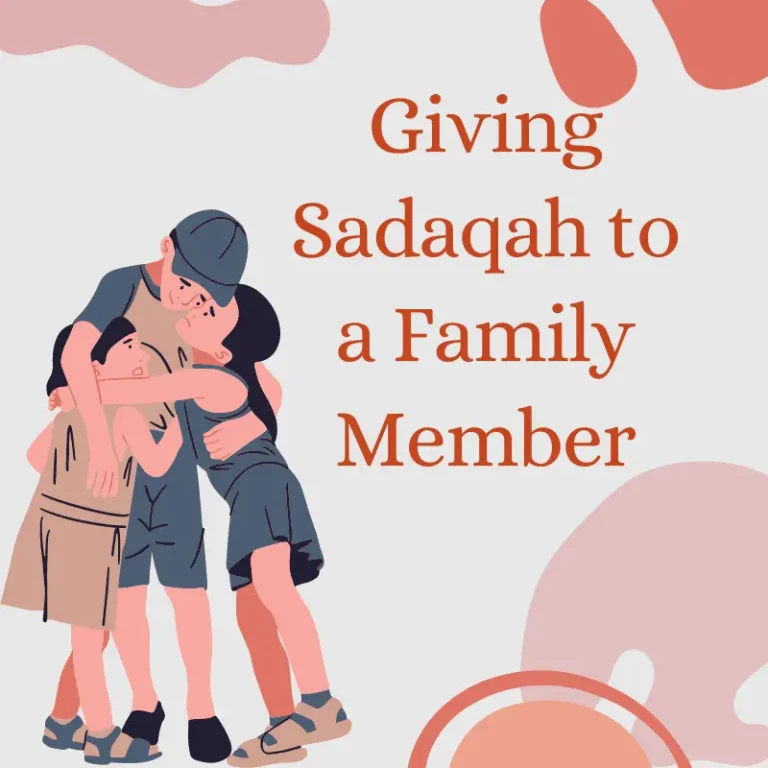Wallahi Meaning, Explanation And In Arabic Text
In the vast tapestry of languages, Arabic stands out as one of the most rich and expressive. It’s a language that not only conveys words but also carries a deep sense of culture and spirituality. Among the many words that encapsulate this depth is “Wallahi.” In this article, we will delve into the meaning, explanation, and even present it in Arabic text.
What Does “Wallahi” Mean?
“Wallahi” is a powerful and significant term in Arabic. It’s often used to make a solemn oath or a promise. When someone says “Wallahi,” they are swearing by Allah, the Arabic word for God. This oath carries immense weight in Arabic-speaking cultures, signifying the truthfulness and sincerity of the statement being made.
The Significance of “Wallahi”
A Symbol of Truth
In the Arabic language and Islamic tradition, honesty and truthfulness are highly valued virtues. Saying “Wallahi” is a way of emphasizing the sincerity of one’s words, underscoring that they are speaking the truth. It serves as a reminder of the accountability to a higher power and the moral obligation to be honest.
Cultural Context
Understanding the cultural significance of “Wallahi” is crucial. In many Arabic-speaking countries, people use this term in various social and legal contexts. It’s often used in courtrooms, during important agreements, or even in everyday conversations to add weight to a statement. Knowing how to use “Wallahi” appropriately is an essential aspect of effective communication in Arabic-speaking cultures.
Pronunciation and Writing in Arabic
Arabic Text: والله
In Arabic script, “Wallahi” is written as “والله.” The first letter, “و,” is pronounced as “waaw” and is equivalent to the English letter “W.” The second part, “الله,” is pronounced as “Allah” and means “God” in Arabic. When combined, it forms “Wallahi,” which signifies swearing by God’s name.
When to Use “Wallahi”
In Legal Matters
In legal proceedings, “Wallahi” is used to emphasize the truthfulness of testimony or statements. It is considered a solemn oath that carries serious consequences if violated.
In Personal Promises
In personal relationships, saying “Wallahi” can be a way of assuring someone of your sincerity and commitment to a promise or agreement.
In Everyday Conversations
In casual conversations, “Wallahi” might be used to underscore the authenticity of a story or anecdote. It adds a layer of trust to the narrative.
The Cultural Nuances
The Role of Trust
In Arabic-speaking societies, trust is a cornerstone of relationships. Saying “Wallahi” is not taken lightly; it establishes a sense of trust and reliability.
Respecting the Language
Using “Wallahi” without due respect can be perceived as disrespectful and offensive. It’s essential to understand the cultural nuances when incorporating it into your speech.
In the realm of language and culture, “Wallahi” holds a unique and profound place. Its usage extends beyond mere words; it represents a bond of trust, truth, and accountability. Understanding the meaning, significance, and cultural context of “Wallahi” is vital for effective communication in Arabic-speaking communities
Is “Wallahi” only used by Muslims?
No, “Wallahi” is primarily used by Arabic speakers, including Muslims and non-Muslims. It’s a cultural and linguistic expression that transcends religious boundaries.
Can “Wallahi” be used casually?
While “Wallahi” is a solemn oath, it can be used casually in everyday conversations to emphasize the truthfulness of a statement. However, it should be used judiciously to maintain its significance.
What are the consequences of breaking a “Wallahi” oath?
In legal matters, breaking a “Wallahi” oath can lead to severe consequences, such as perjury charges. In personal relationships, it can damage trust and credibility.
Are there variations of this oath in other languages?
Yes, many languages have similar oaths where individuals swear by a higher power to emphasize the truthfulness of their statements.
How can I incorporate “Wallahi” into my Arabic conversations respectfully?
To use “Wallahi” respectfully, it’s essential to understand its cultural significance. Reserve it for situations where you want to convey utmost sincerity and truthfulness.

